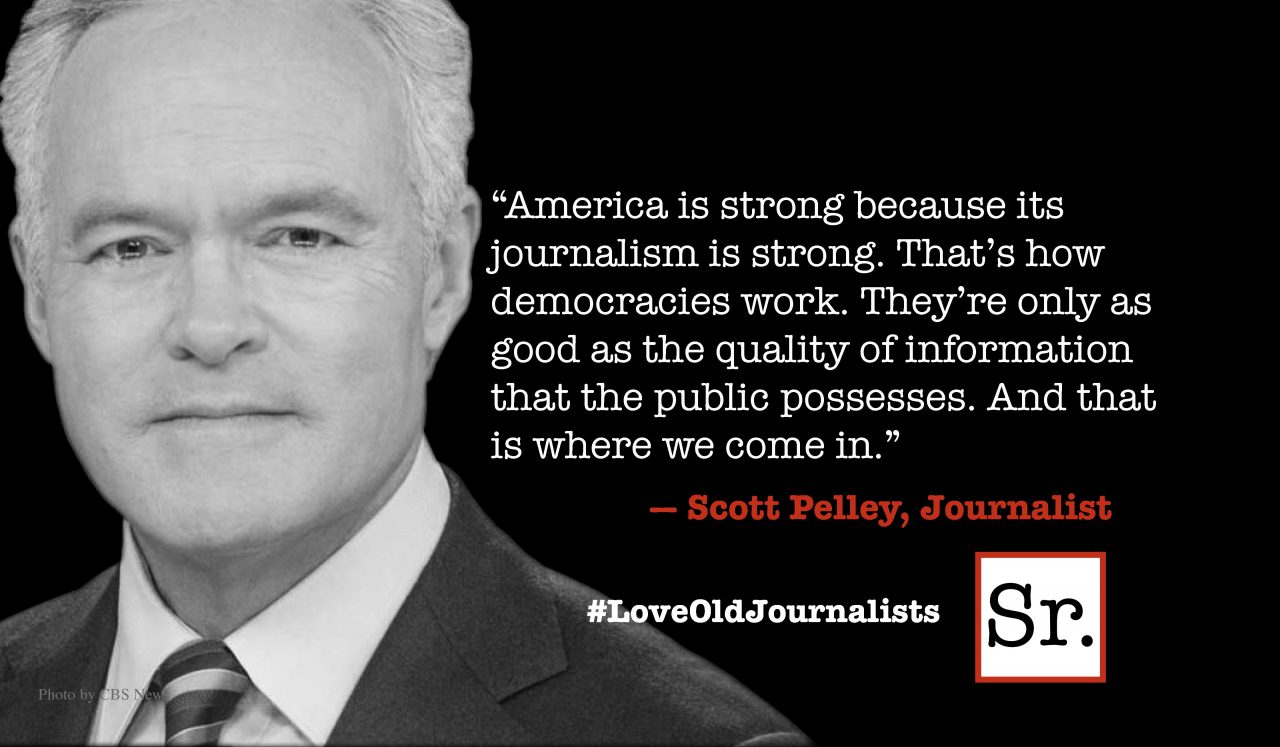Ask people what their greatest problem is and, almost always, it comes down to the same thing: “I need more money.” “If only I had more money…”
Whether they say, “I wish I had more sales in my business,” “I didn’t get a raise this year,” or “Food and gas prices have shot through the roof,” the message is the same: I need more money.
Money will fix everything. Bad relationships. Too much stress. Pending foreclosures. Unaffordable health insurance. Massive credit card debt. Retirement worries.
And, it’s true: if money ceased to be an issue tomorrow, many pressures would disappear. But, short of winning the lottery, that’s not likely to happen all by itself.
Does that mean that nothing will ever change, or that you simply have to accept where you are today?
Not at all.
But it does mean that, rather than just wishing, maybe it’s time to ask yourself two telling questions:
1. What did I do to get where I am?
2. What am I willing to do to get out?
Notice the word “I” in both questions. As little as that word is, it’s huge in what it says about your mindset. It says that you take personal responsibility for your past, your present, and your future.
It means you are looking inward instead of outward for a solution to whatever is not working for you. And, for the majority of people, that is where the seed of the problem exists.
It’s not until you invest some time in understanding how you feel about money, where your money beliefs come from, and how those beliefs affect the decisions you make that you’ll see a change on the outside.
So if you tend to solve problems by buying a book, buy one on money mindset instead of one on smart investing. If you answer all your questions by doing Google research, key in “money mindset” instead of “getting out of debt.” If your first reaction is to take some kind of action, find yourself a money support group instead of a new financial planner.
Get a solid understanding of how you’re behaving with money and change those behaviors that aren’t healthy for your finances. Then you’ll find that the sales in your business start to climb…you’ll get the raise you’re looking for…and you’ll be able to afford the higher cost of food and gas.
In short, you’ll be taking control of your money…and your life.








